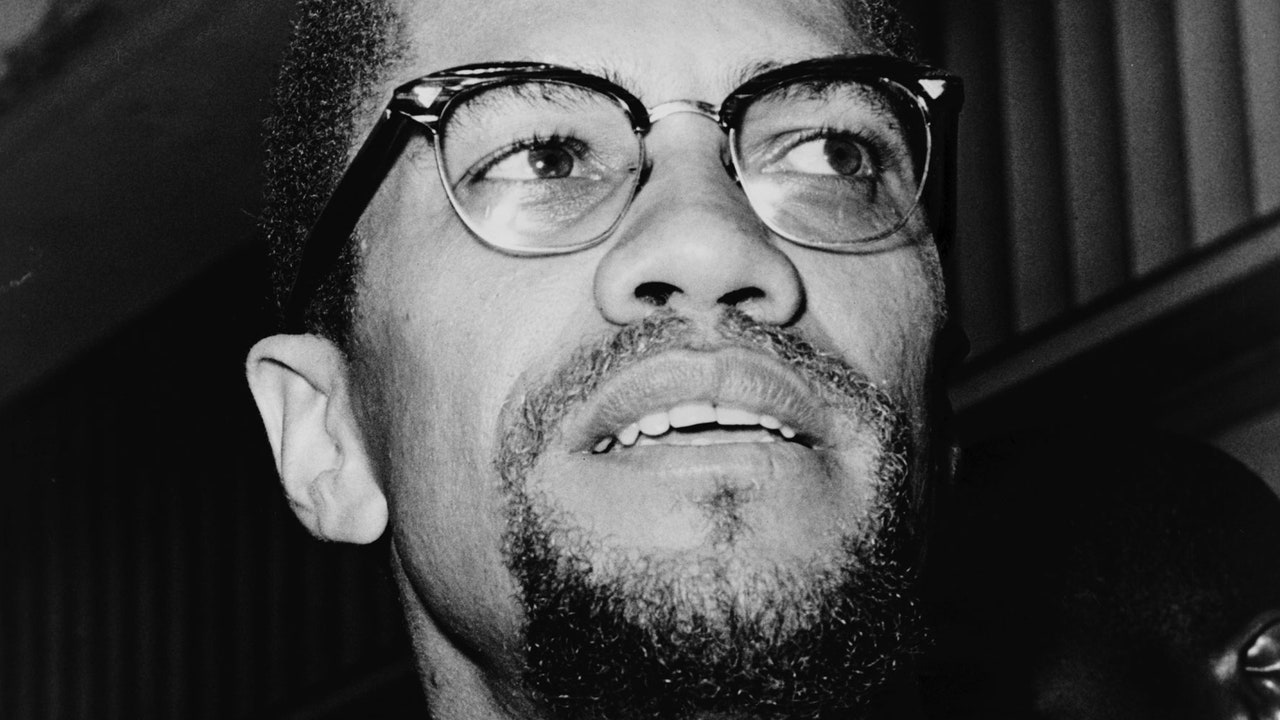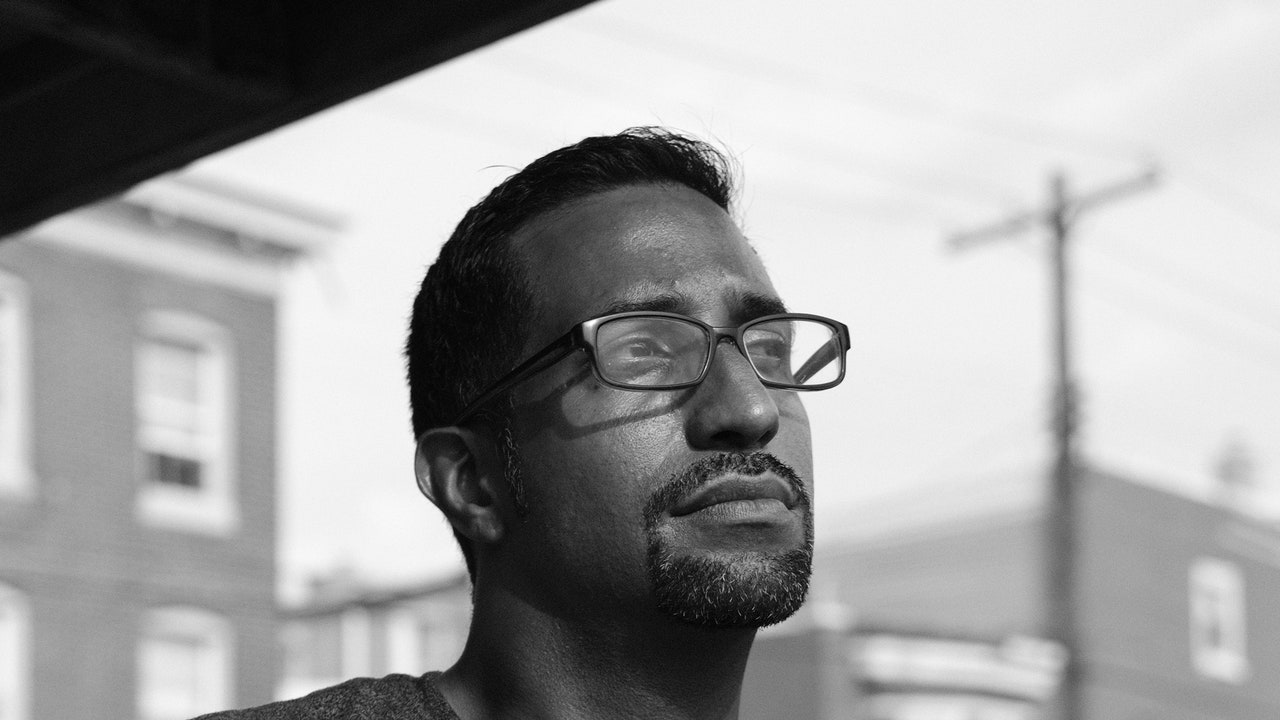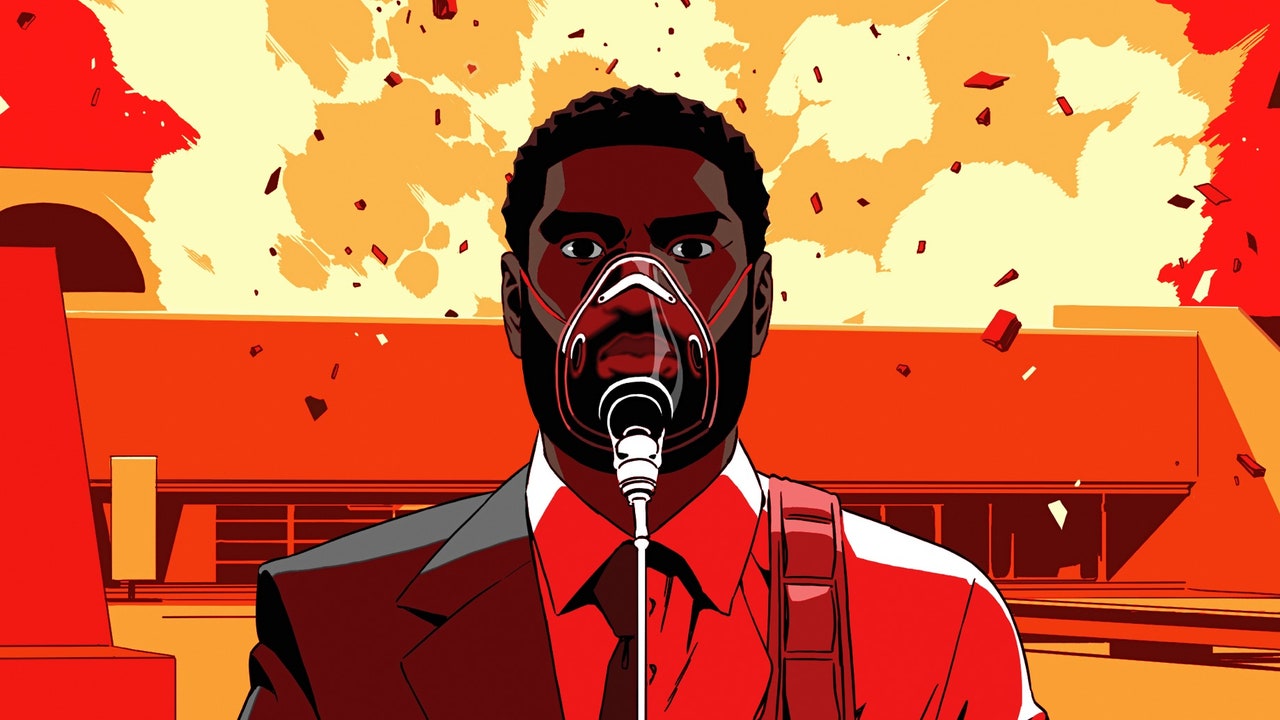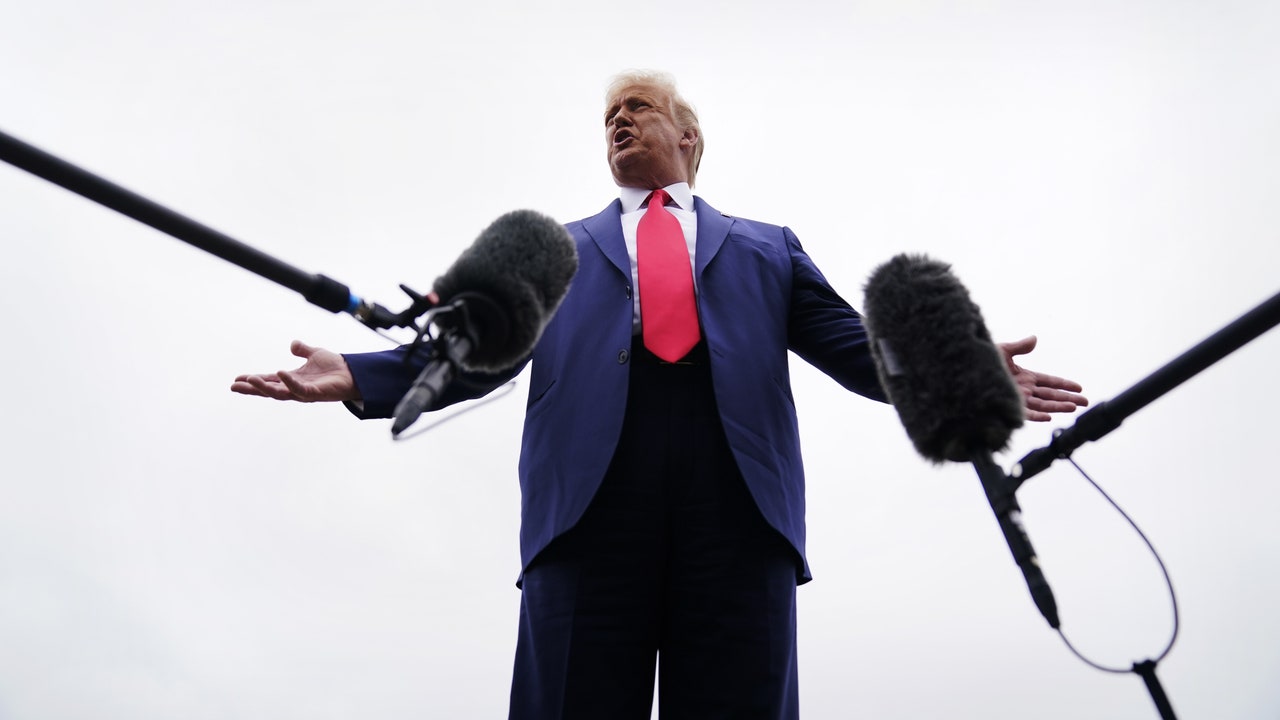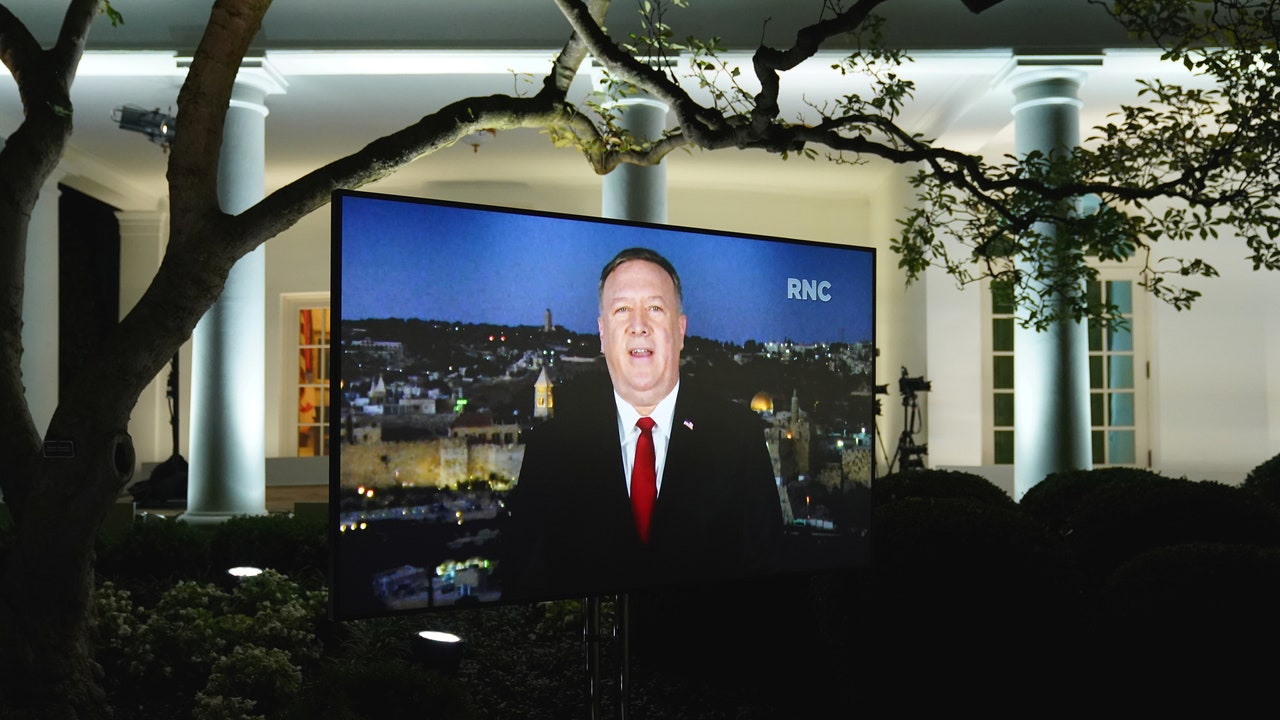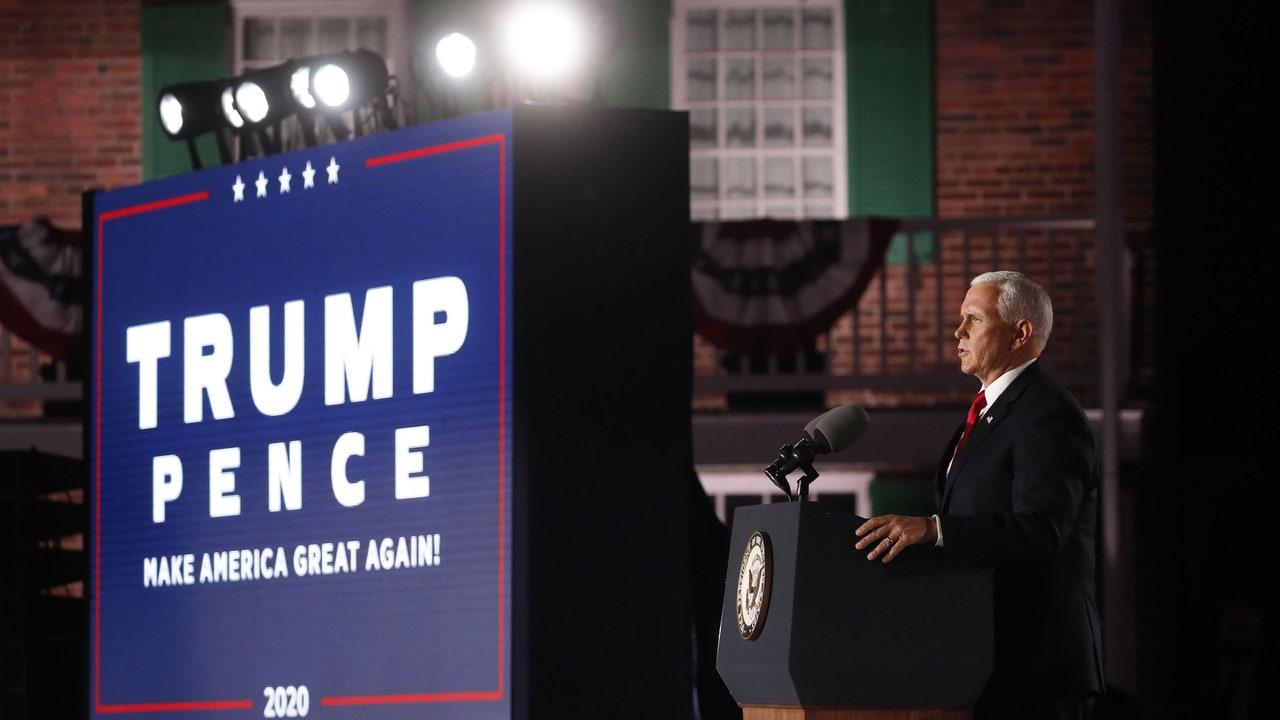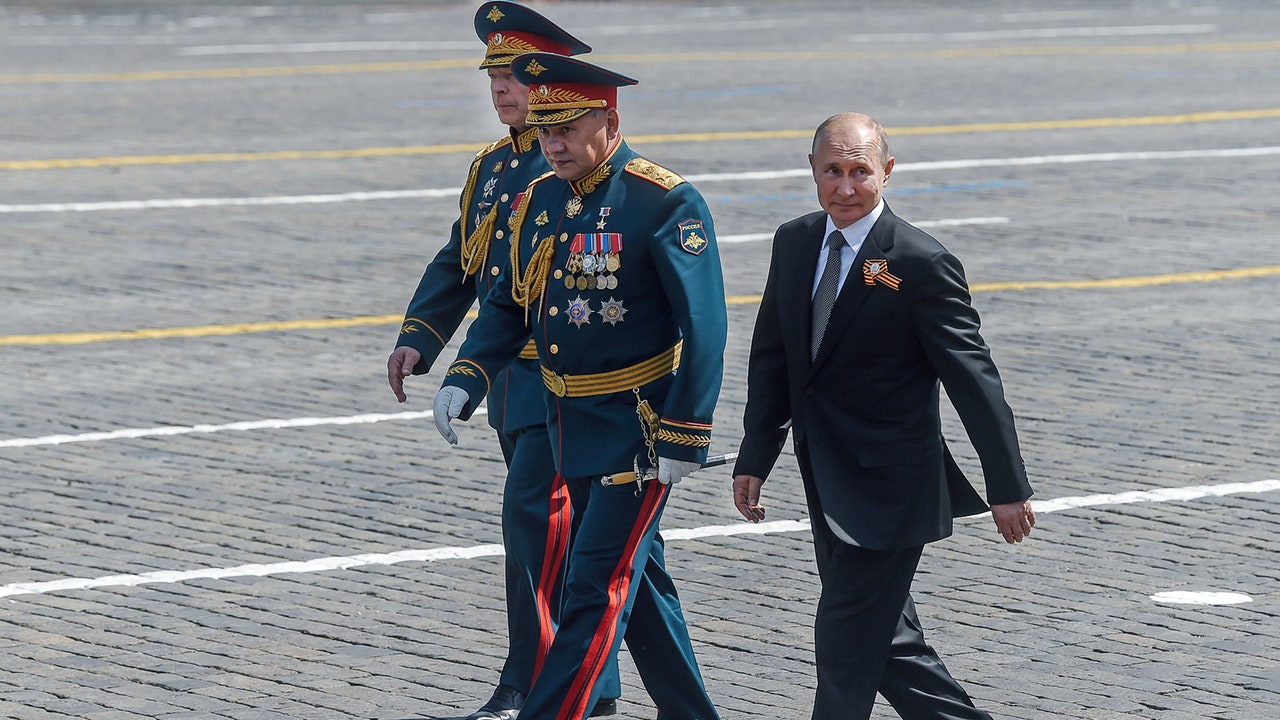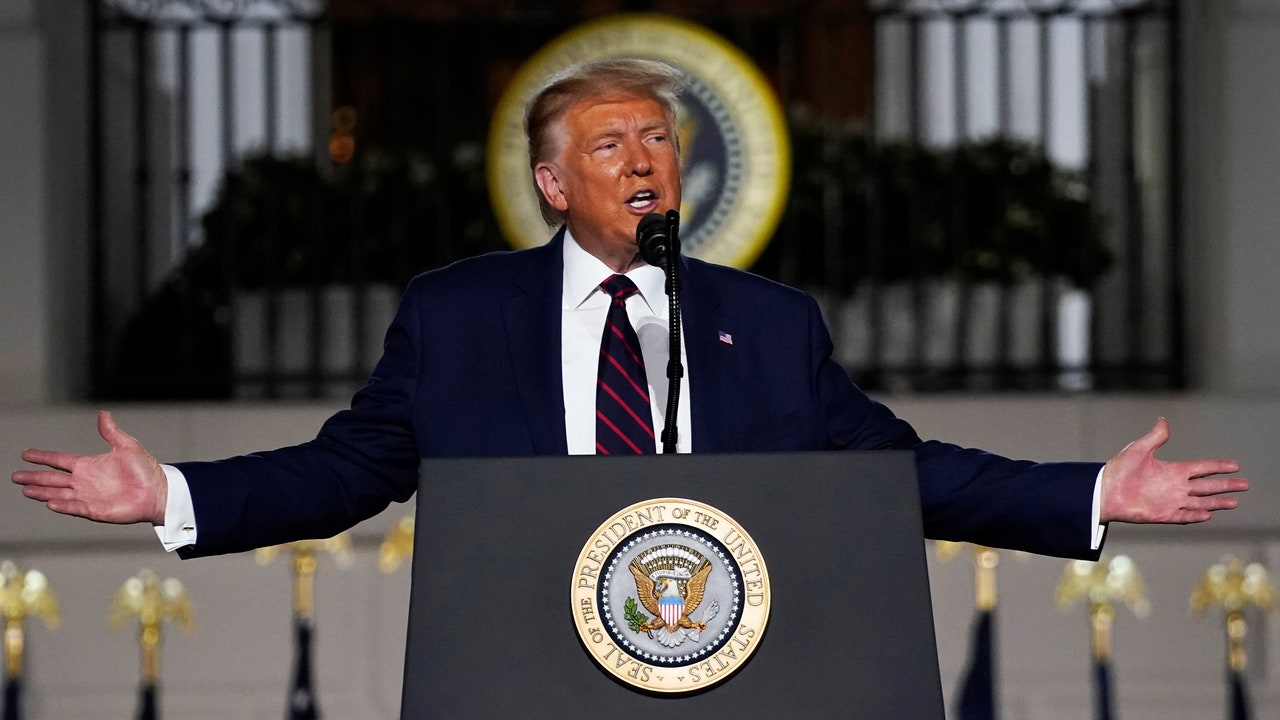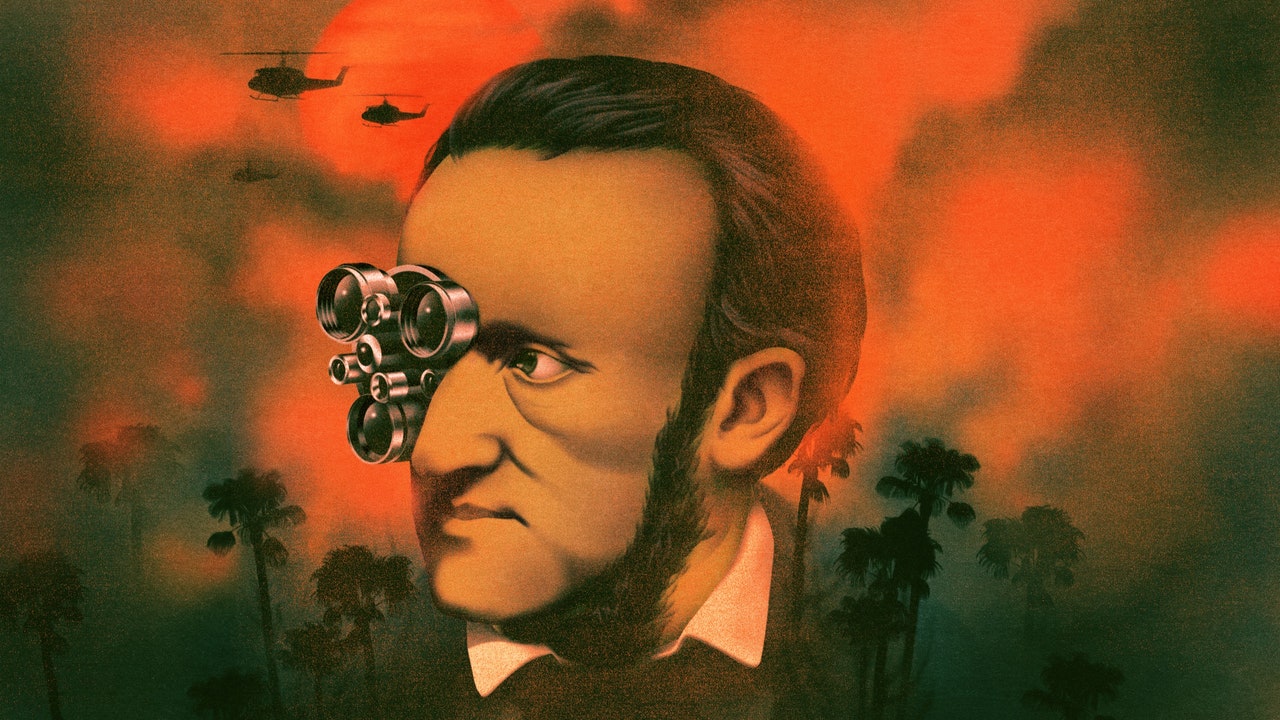The Day Malcolm X Was Killed
At the height of his powers, the Black-nationalist leader was assassinated, and the government botched the investigation of his murder.
via The New Yorker: https://www.newyorker.com/books/page-turner/the-day-malcolm-x-was-killed
When the shots went off on February 21st, the Ballroom descended into chaos. Shrieking audience members broke for cover. Betty dove beneath some chairs, shielding her children and shouting, “They’re killing my husband; they’re killing my husband.” Bradley, the shotgun man, dropped his warm weapon, wrapped in a green suit jacket, on the stage. Davis also dropped his weapon, to avoid being recognized. Hayer, the least experienced assassin, held onto his pistol, giving away his role in the plot. The shooters maintained a military crouch and headed for the rear exit, two hundred feet away. “I saw the three gunmen coming up the middle aisle,” Roberts said. From five feet away, Hayer shot at Roberts, who dodged. “The bullet went through my suit jacket,” he said. Roberts threw a chair, momentarily knocking Hayer down. When Hayer finally made it outside, he was shot in the leg by another of Malcolm’s guards. Bradley and Davis screeched off in a Cadillac, but the crowd caught Hayer, pummelling him. He was eventually pulled from the mob by the police and arrested.
